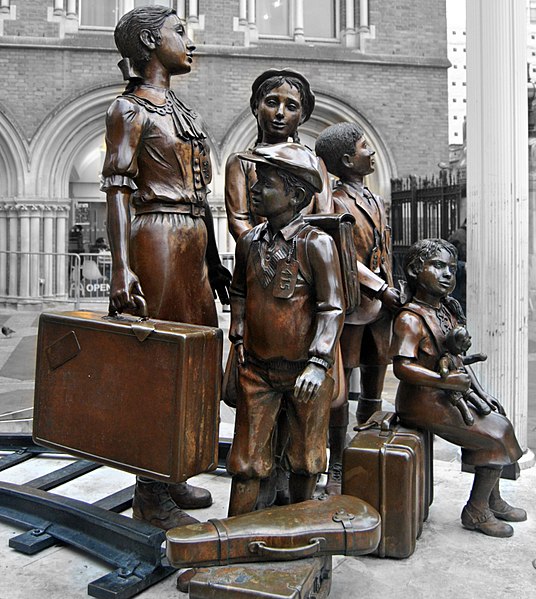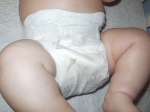
A plaque honouring the memory of British officials and Anglican clergy who saved thousands of Jews from the Nazis has been unveiled at the British embassy in Vienna. The ceremony was led
by Lord Pickles, the government’s special envoy for post-Holocaust issues and co-chair of Britain’s Holocaust Memorial Foundation, and the president of the Austrian parliament Wolfgang Sobotka. The diplomats and clergy went into action after the Anschluss of March 1938 when Hitler’s troops annexed Austria.
The embassy’s diplomatic team defied orders and exploited loopholes in the system to issue travel permits and emergency passports. Its passport team, led first by Thomas Kendrick and then George Berry, worked in tandem with clergy from the Anglican Christ Church in Vienna — located across the street from the embassy — to provide travel documents and baptismal certificates to Austrian Jews looking to escape Nazi persecution.
Beginning on 14 June 1938, Revs Hugh Grimes and Frederick Collard conducted hundreds of baptisms — around 1,800 in total — in order to afford Jews temporary protection and make it easier for them to leave the country. Christ Church’s verger, Fred Richter, himself a baptised Jew, was arrested and sentenced to 12 years’ imprisonment on espionage charges. He was later deported to Auschwitz where he died.
“It’s a recognition of when quite a bit of the Foreign Office was in denial,” Lord Pickles told the JC before the event. Those who “recognised the importance of saving Jewish lives deserve to be remembered and we need to come to terms with how slow the British government was sometimes to react” as the Holocaust unfolded, he said.
Vienna’s British ambassador to Austria, Lindsay Skoll, discovered only recently that she herself was the grandchild of a Holocaust survivor. Her grandmother, born in Germany, found sanctuary in Vienna as a child before making it out on one of the last Kindertransport trains, settling in the north-east of England. Her grandmother kept this a secret until almost the very end of her life.
“I have great sadness in my heart that so much of that really important part of her life was suppressed and never talked about,” Ms Skoll said, adding that her own family history made the decision to mount the plaque a personal one. “It’s an incredible story of moral bravery and individual courage, but yes, it has a special layer of meaning for me.”
The blue plaque idea came to Ms Skoll via the Association of Jewish Refugees, founded in 1941 as a representative organisation for German and Austrian Jewish refugees who had arrived in Britain fleeing Nazi persecution. Frank Harding, who has been involved in commemorating Jewish contributions to British life through blue plaques in London, told the JC that the AJR also wanted to do something to recognise those who had worked to save Jewish lives.
Tens of thousands of Jewish lives are believed to have been saved thanks to the endeavours of Vienna embassy staff and Anglican clergy. The plaque is a significant recognition of their heroic actions and is a reminder of the bravery and selflessness that is needed in times of crisis. As we remember those who risked their own lives to save others, we should also reflect on how we can be better prepared to stand up to oppression and persecution in the future. Photo by Loco Steve from Bromley , UK, Wikimedia commons.







































